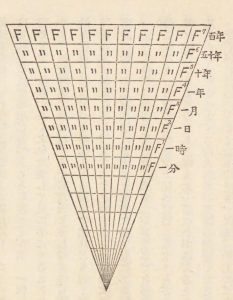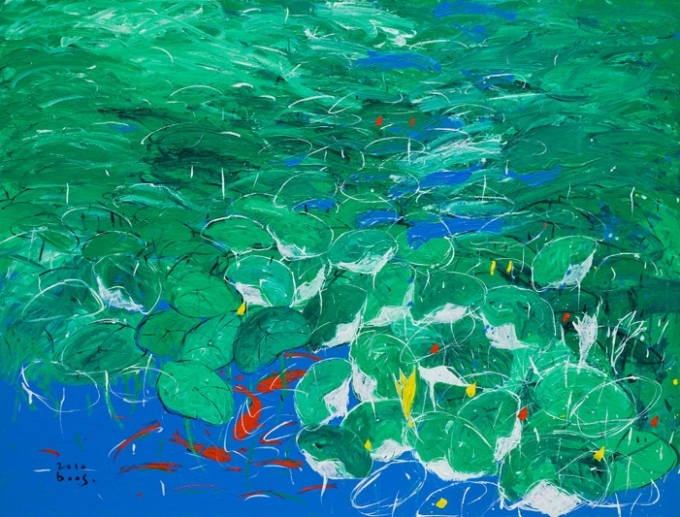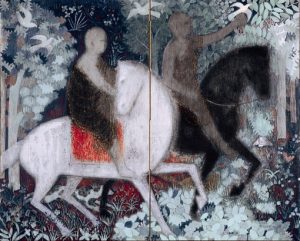Sohye Kim, PhD Candidate in EALC; David Krolikoski, PhD Candidate in EALC; Kyle Peters, PhD Candidate in EALC; Yiren Zheng, PhD Candidate in EALC
Pedagogy Roundtable: Syllabi Workshop
Friday, May 18th, 3:00pm-5:00pm in Wieboldt 301N
Please join us Friday (5/18) from 3:00pm-5:00pm as we host a pedagogy roundtable of PhD Candidates from the East Asian Languages and Civilizations department. Roundtable participants will submit drafts of syllabi for the workshop’s consideration, and the following discussion will provide opportunity for workshop participants not only to give feedback on the particular syllabi drafts that have been circulated, but also to consider issues of creating East Asia-related syllabi for undergraduates: balancing area studies and discipline, managing the constraints and benefits of the quarter system, and transforming one’s own expertise and research into teaching material.
The syllabi are available directly below, or at this link. If you have not received the password, or have questions about accessibility, please feel free to contact Helina Mazza-Hilway (mazzah@uchicago.edu) or Susan Su (susansu@uchicago.edu).


 Cho Boo-soo, 수련 (Water lily), 116.8×91cm, Acrylic on Canvas, 2010.
Cho Boo-soo, 수련 (Water lily), 116.8×91cm, Acrylic on Canvas, 2010.

